The following story is excerpted from TIME’s special edition, 100 Most Healing Foods.
One of the most crucial parts of our body when it comes to health is our microbiome—the trillions of bacteria that live in our gut. Scientists are learning that the bacterial communities we live with are linked to everything from body weight to asthma to acne. Having the right balance of bugs may keep us well in the long term. Some bacteria in the gut are good for our health, while other strains raise our risk for disease.
We shape our microbiome makeup through our everyday diet. Many of the foods listed below are high in nutrients like fiber, which feeds healthy gut microbes. Those microbes produce short-chain fatty acids that get absorbed into the bloodstream and reduce inflammation while strengthening the immune system. These gut-friendly foods also contain pro- or prebiotics, which help gut-bacteria diversity. Probiotics are bacteria that are very similar to or the same as good-bacteria colonies already in our gut. They’re in many foods on this list, including yogurt and sauerkraut. Prebiotics, on the other hand, are a type of plant fiber often found in vegetables that nourishes good bacteria. (Good sources of prebiotics include chickpeas, bananas and artichokes.)
Both are important for keeping you regular and building a better microbiome. Here are some probiotic-filled foods to consider adding to your diet.
Cottage cheese
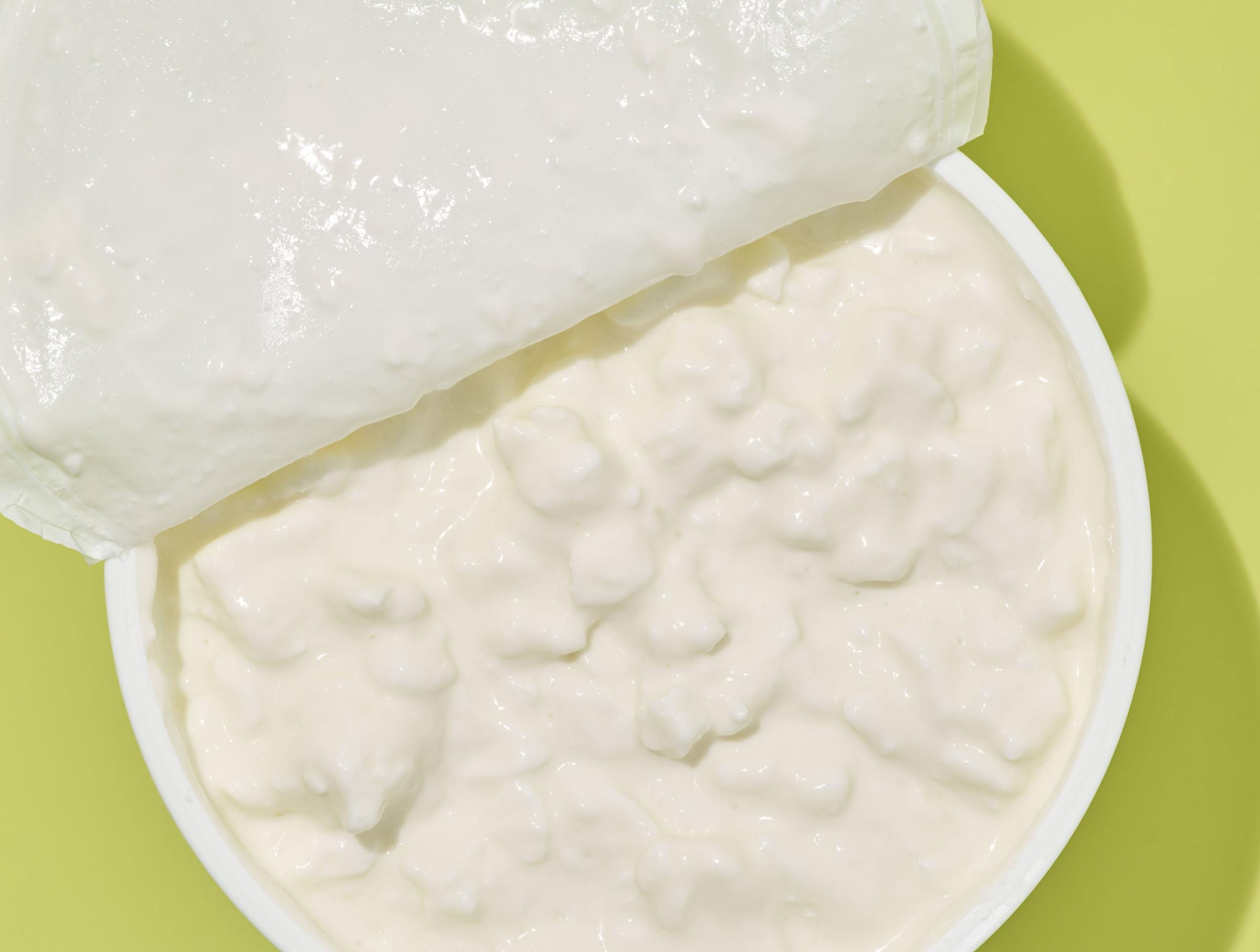
How to eat it: This throwback cheese makes a great base for both sweet and savory snacks. Mix it with fruit and walnuts, or add olive oil, cucumber slices and a pinch of salt and pepper.
Why it’s good for you: Cheese lovers, rejoice: cottage cheese is a great pick for your gut. As with other fermented foods, cottage cheese often delivers probiotics (check the package labels for live and active cultures), and it’s high in calcium, which is important for strong bones.
Kimchi
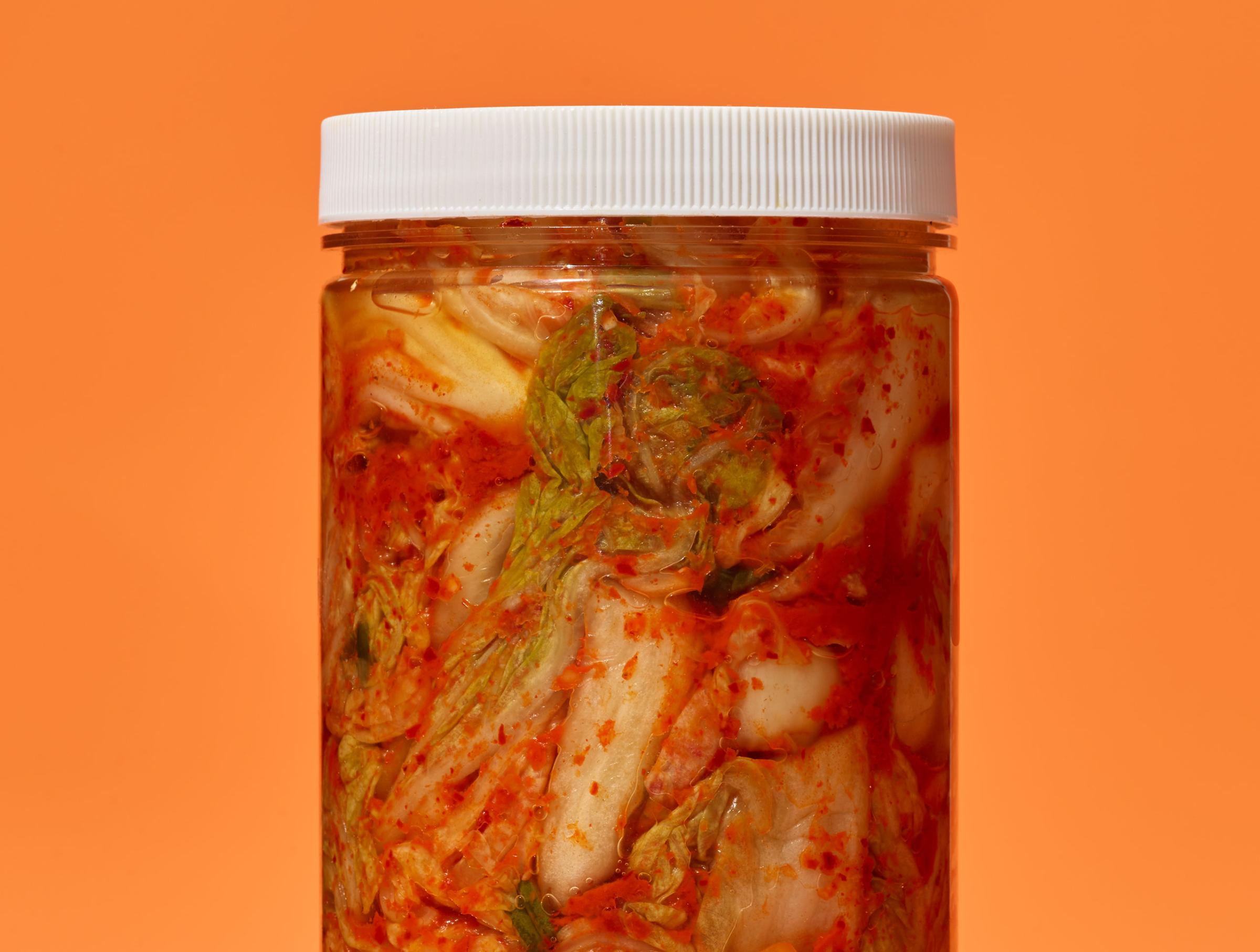
How to eat it: This Korean fermented- cabbage dish can add a flavor kick to nearly any food. Mix kimchi with brown rice or simply enjoy on its own.
Why it’s good for you: A probiotic made with cruciferous vegetables like cabbage and garlic, kimchi not only is gut-friendly but also may help reduce cancer risk.
Sauerkraut
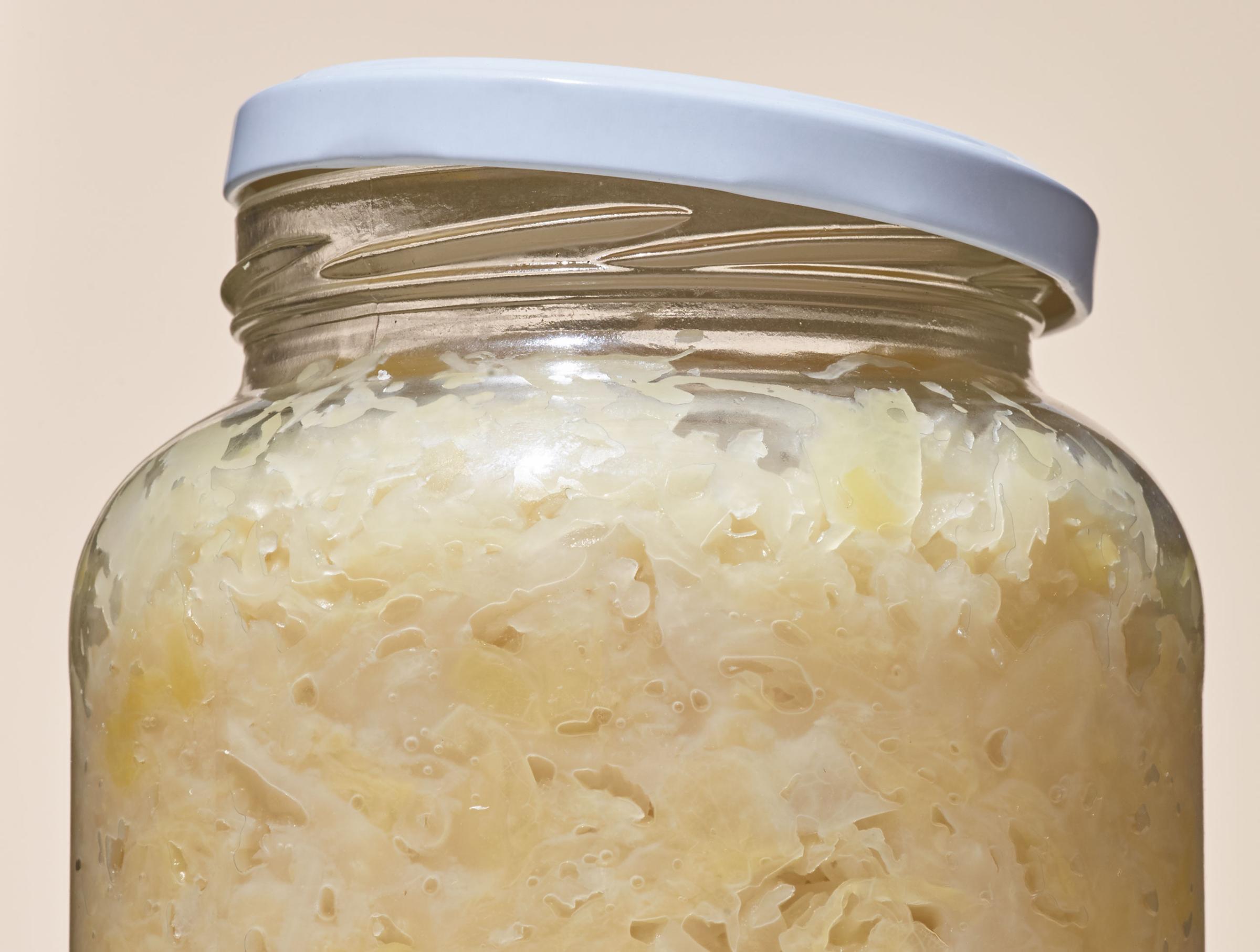
How to eat it: A small helping of sauerkraut paired with lean meat adds up to a tasty and nutritious meal.
Why it’s good for you: The cabbage in sauerkraut, a food that dates to the 4th century B.C., is fermented with lactic-acid bacteria, which means it’s good for keeping your digestive system in balance. You also get fiber and compounds that boost the immune system.
Yogurt
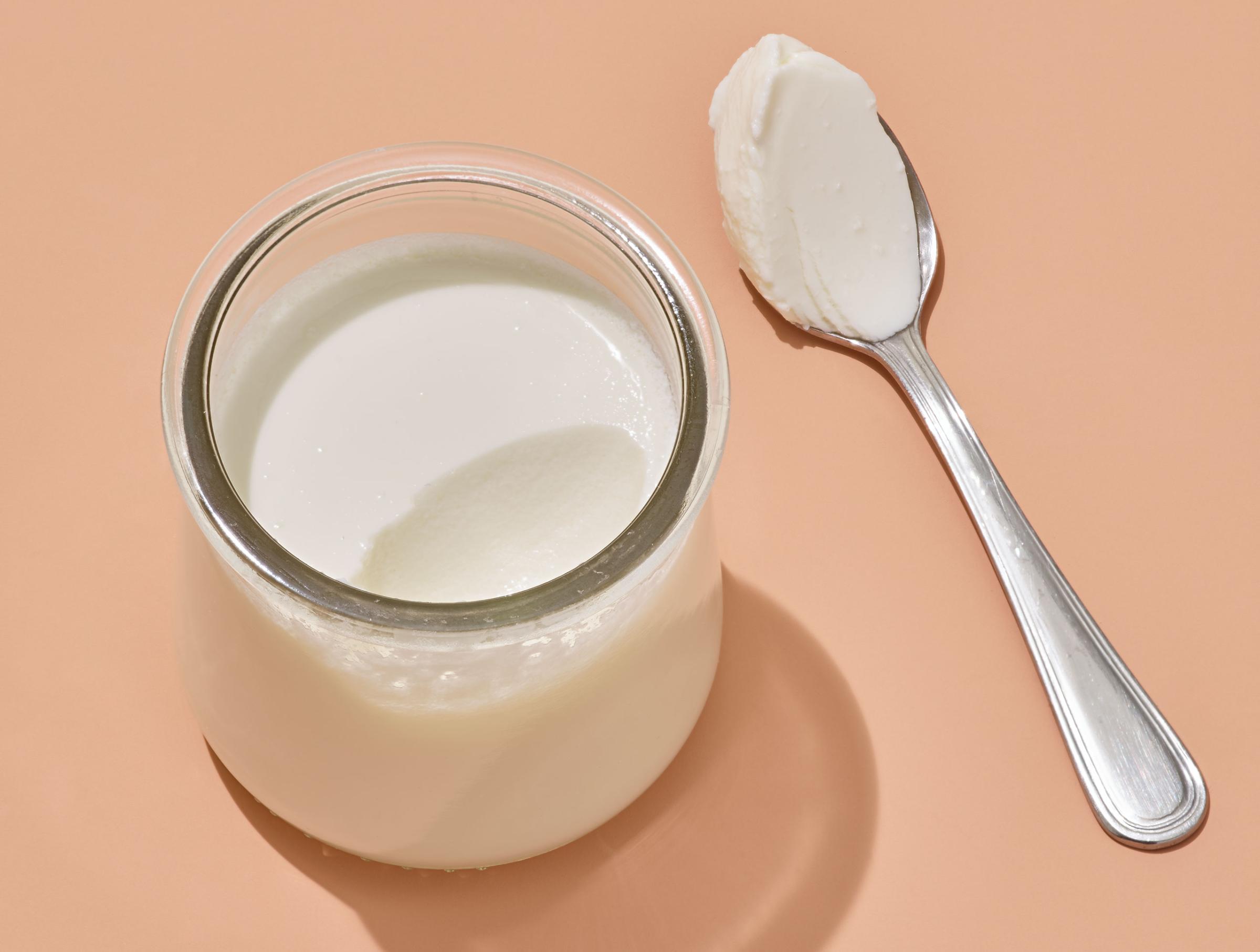
How to eat it: Add fresh fruit, seeds and a little granola to a bowl of plain yogurt for a filling breakfast or afternoon snack.
Why it’s good for you: A fermented food, yogurt naturally contains lots of probiotic cultures that strengthen the digestive tract. Some Greek yogurt also boasts added probiotics like Lactobacillus acidophilus and Lactobacillus casei that may help increase the good bacteria in your gut.
Miso
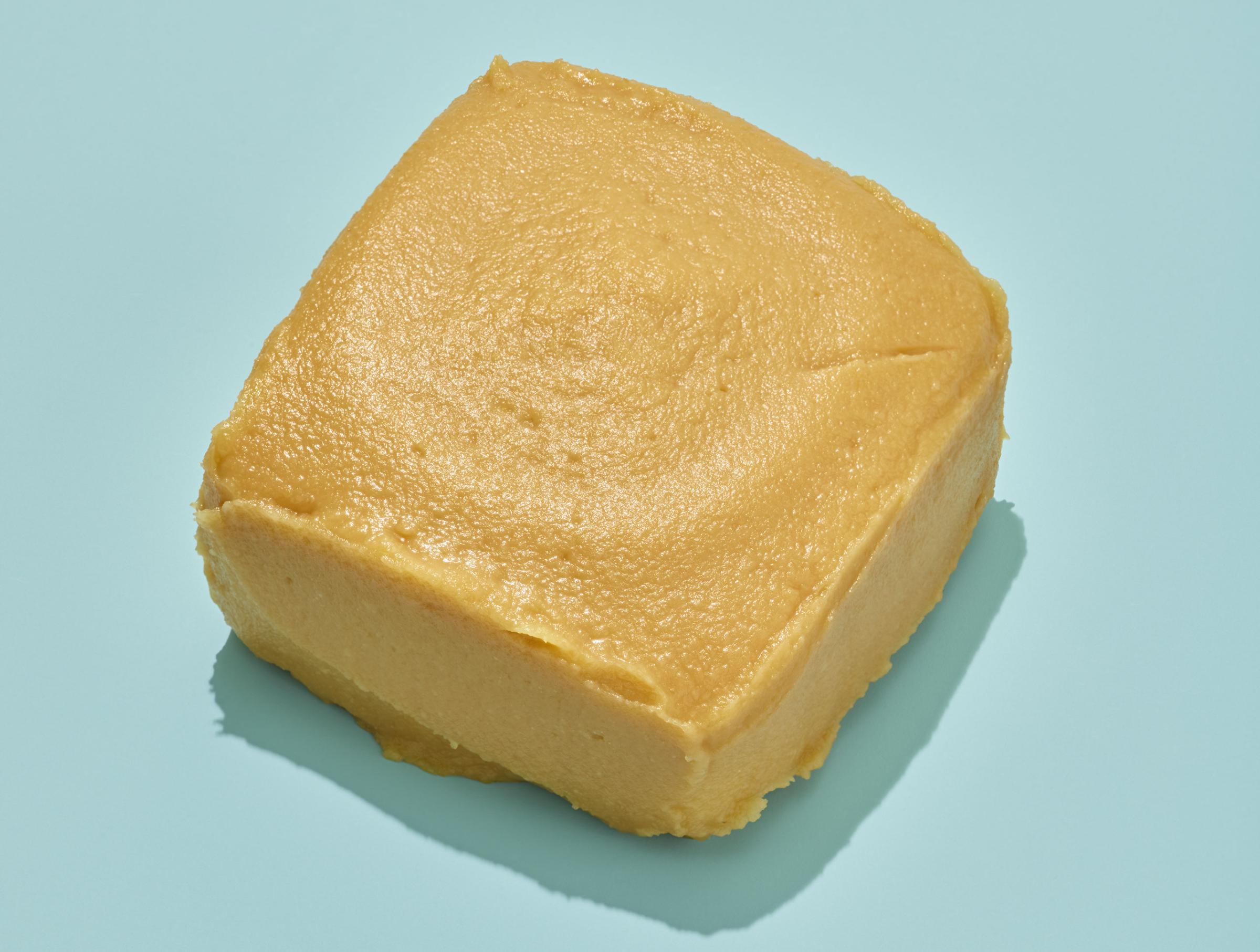
How to eat it: Add a dollop of miso—a fermented soybean-based paste used in Japanese cooking—to soups. For a tasty salmon marinade, mix miso with ingredients like mirin, vinegar, soy sauce and sesame oil.
Why it’s good for you: Yes, miso can be high in sodium, but this gut-healthy pick delivers good amounts of protein, calcium, iron and magnesium.
Pickles
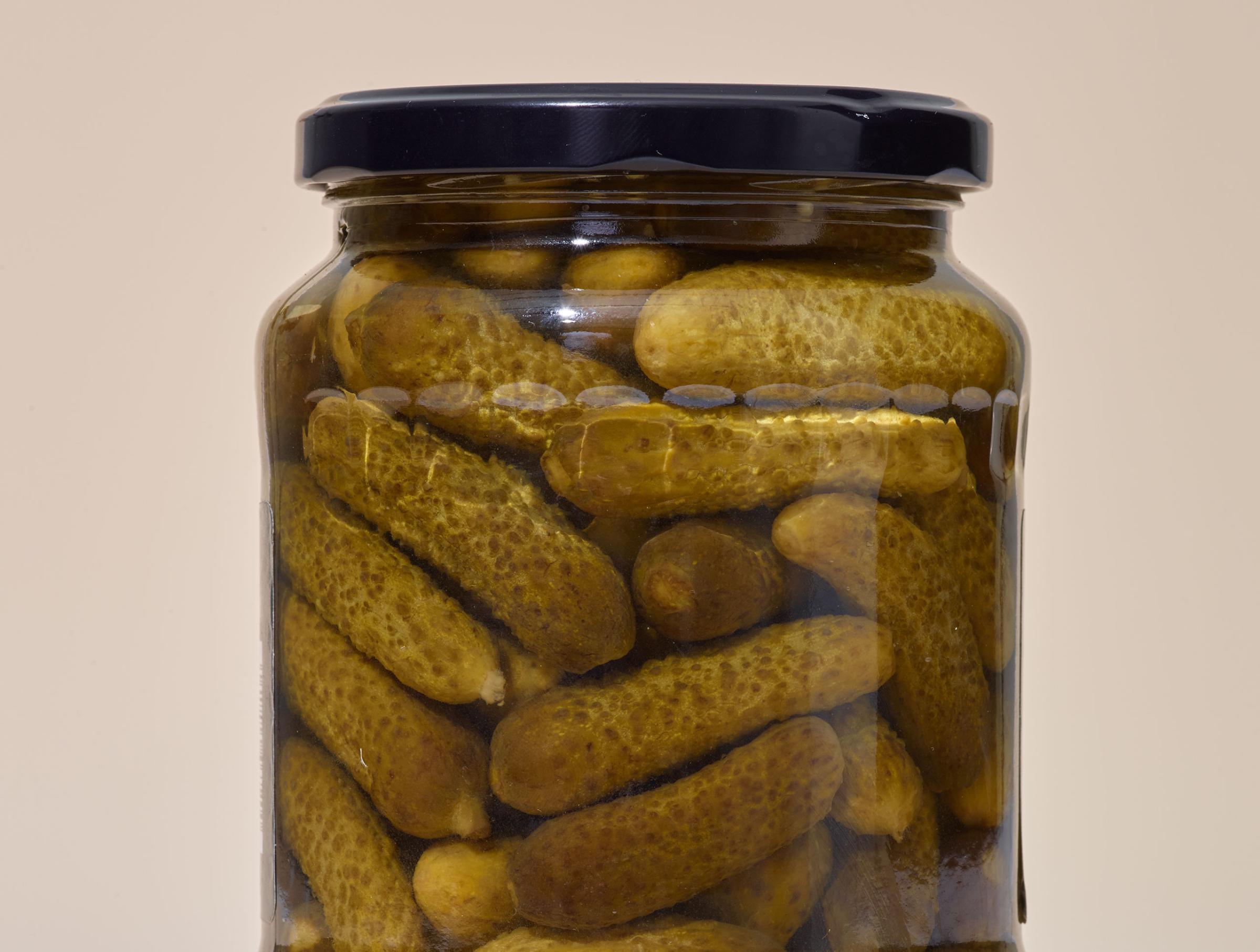
How to eat them: Add chopped pickles to your potato salad or use in your lunch wrap in place of high-fat spreads. To get that healthy bacteria, buy pickles brined in salt water, not vinegar.
Why they’re good for you: Cucumber pickles are brined in salt water and fermented, giving you that beneficial bacteria. Each spear offers vitamins A and K, important for blood and cell health, and potassium, vital for healthy heart function. Just keep in mind that pickles tend to be high in sodium.
Kombucha
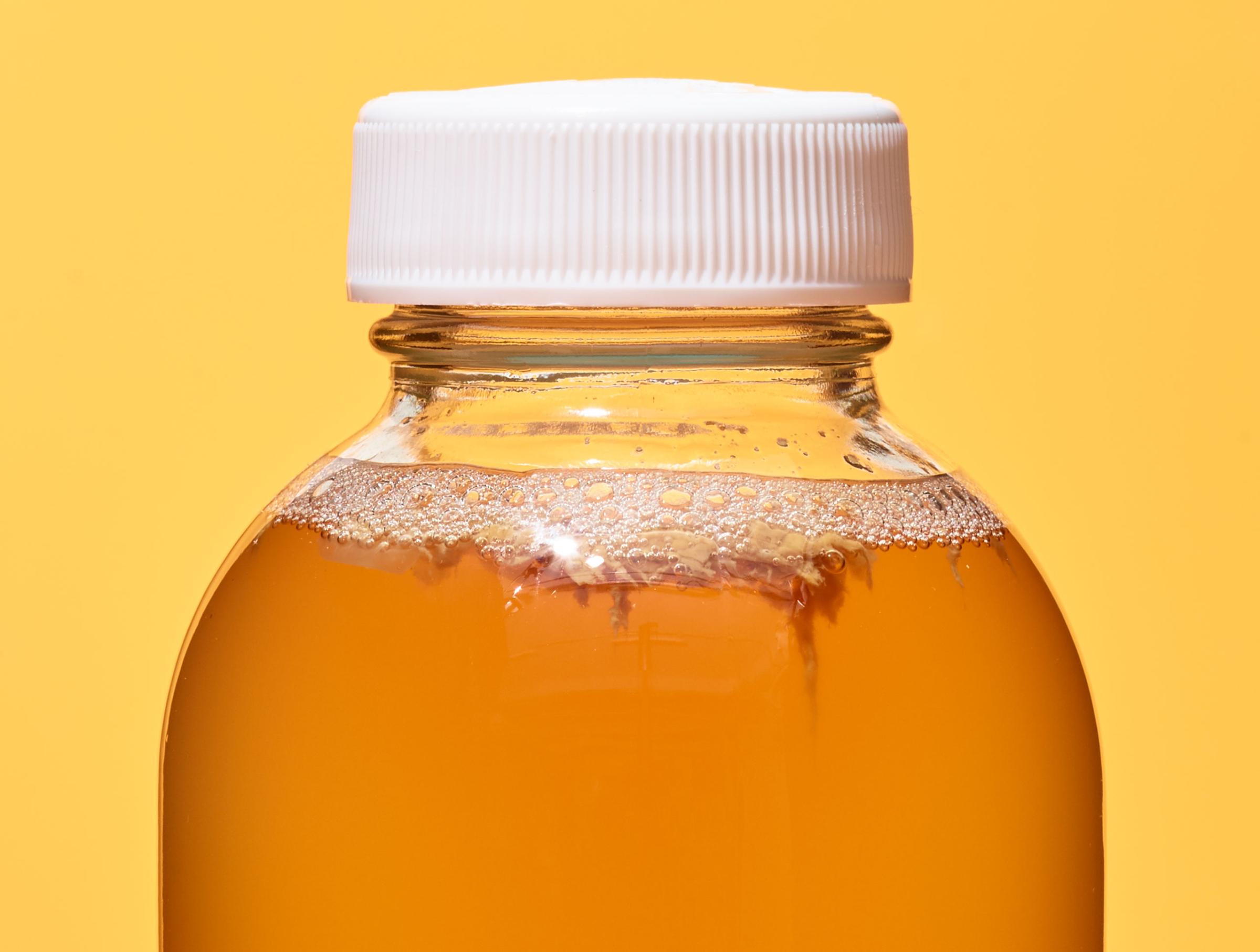
How to drink it: Enjoy kombucha straight from the bottle. You may need to sample a few varieties to find the one you like best.
Why it’s good for you: Kombucha is a fermented tea that also contains some gases and a small amount of alcohol, which gives it carbonation. It’s full of probiotics and antioxidants that support the immune system. Sip in moderation, though: it contains lactic acid, which in large amounts can build up in the bloodstream and harm your health.
Apple-cider vinegar
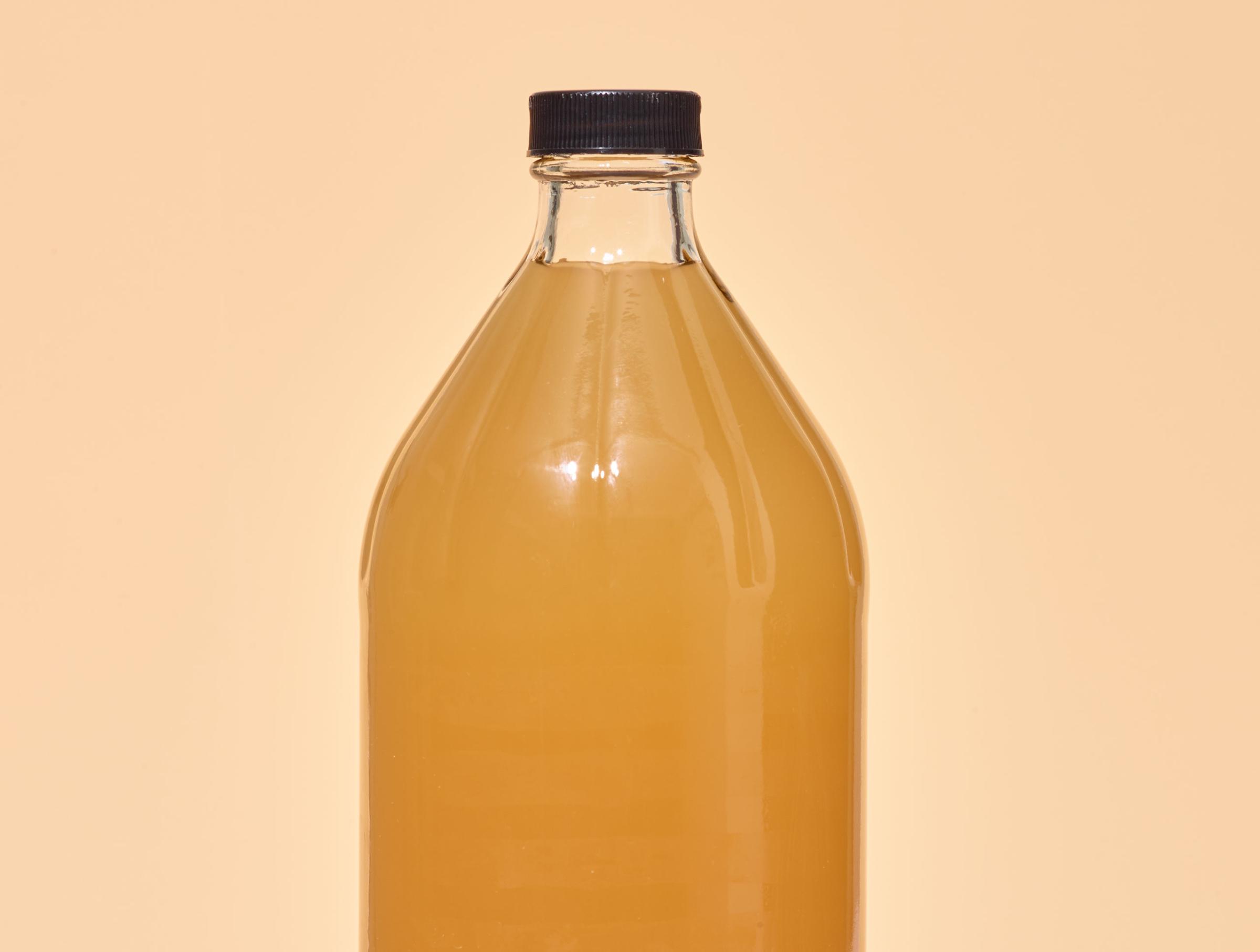
How to eat it: This vinegar—made from fermented apple sugars—is delicious in salad dressings.
Why it’s good for you: The acetic acid in vinegar aids digestion. One 2009 study even linked regular apple- cider-vinegar consumption with weight loss. The acid may turn on fat metabolism and help keep blood sugar levels normal. Experts recommend keeping total intake per day at or below four tablespoons.
Tempeh
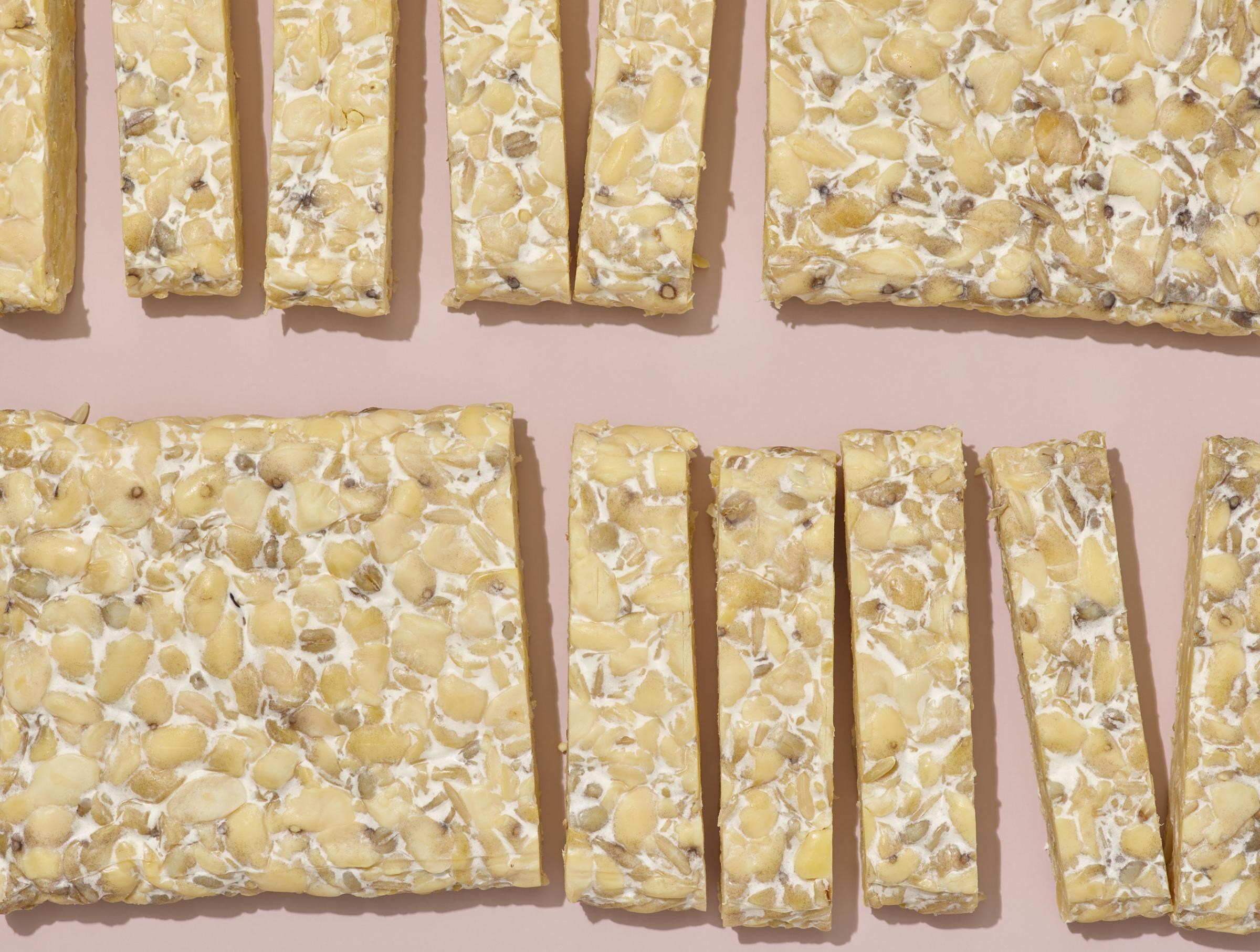
How to eat it: Tempeh is a protein made from soybeans that you can use instead of meat. Add it to stir-fries with vegetables and healthy grains like brown rice.
Why it’s good for you: Compounds in this good gut food may have anti-inflammatory and even anti- tumor effects. Tempeh also serves up a helping of healthy monounsaturated and polyunsaturated fats.
Parmesan cheese
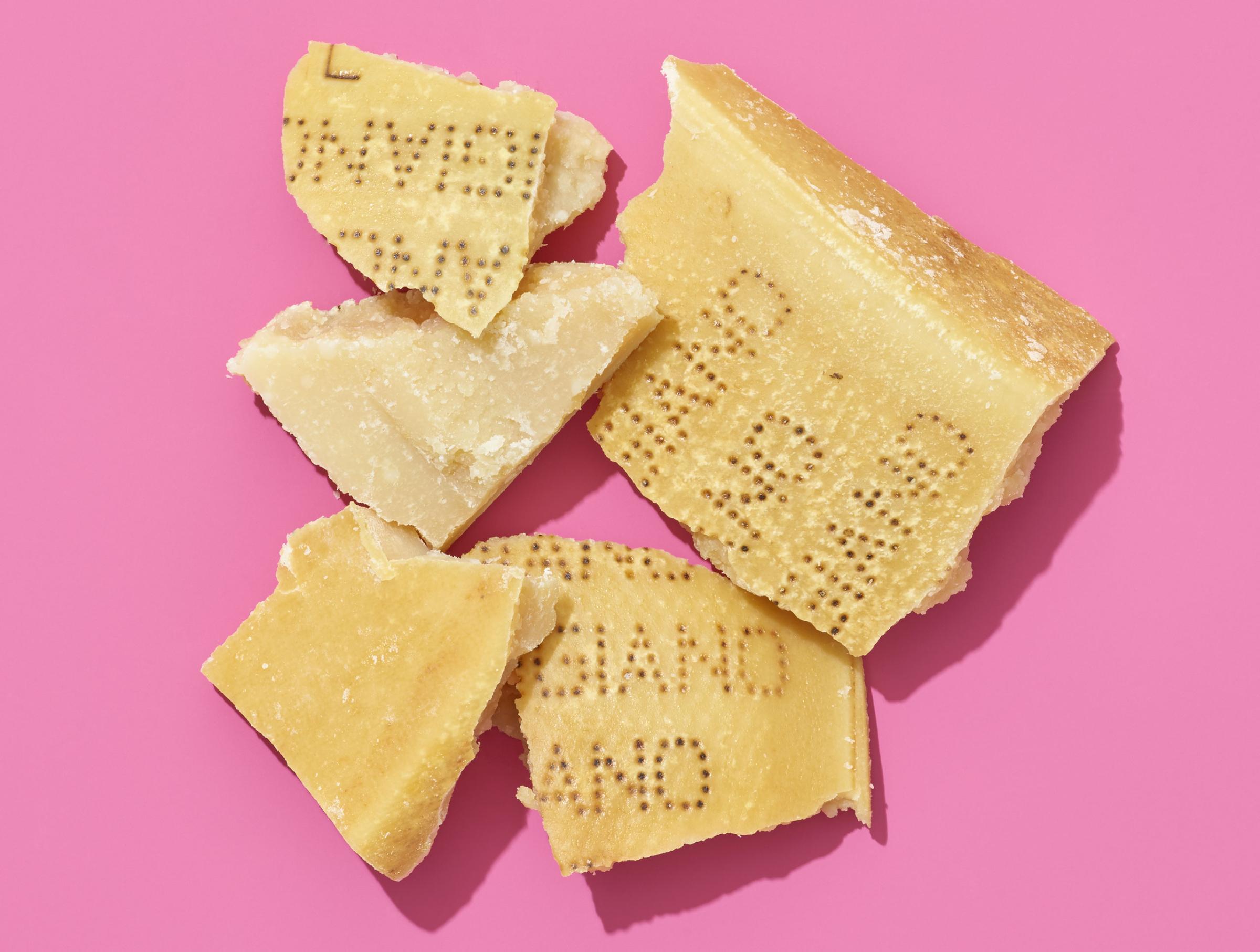
How to eat it: Sprinkle parmesan cheese on air- popped popcorn for a healthy and filling snack.
Why it’s good for you: Some fermented cheeses, like parmesan, contain lactic-acid bacteria that can create gut-healthy probiotics. Cheese also contains important nutrients like protein and calcium.
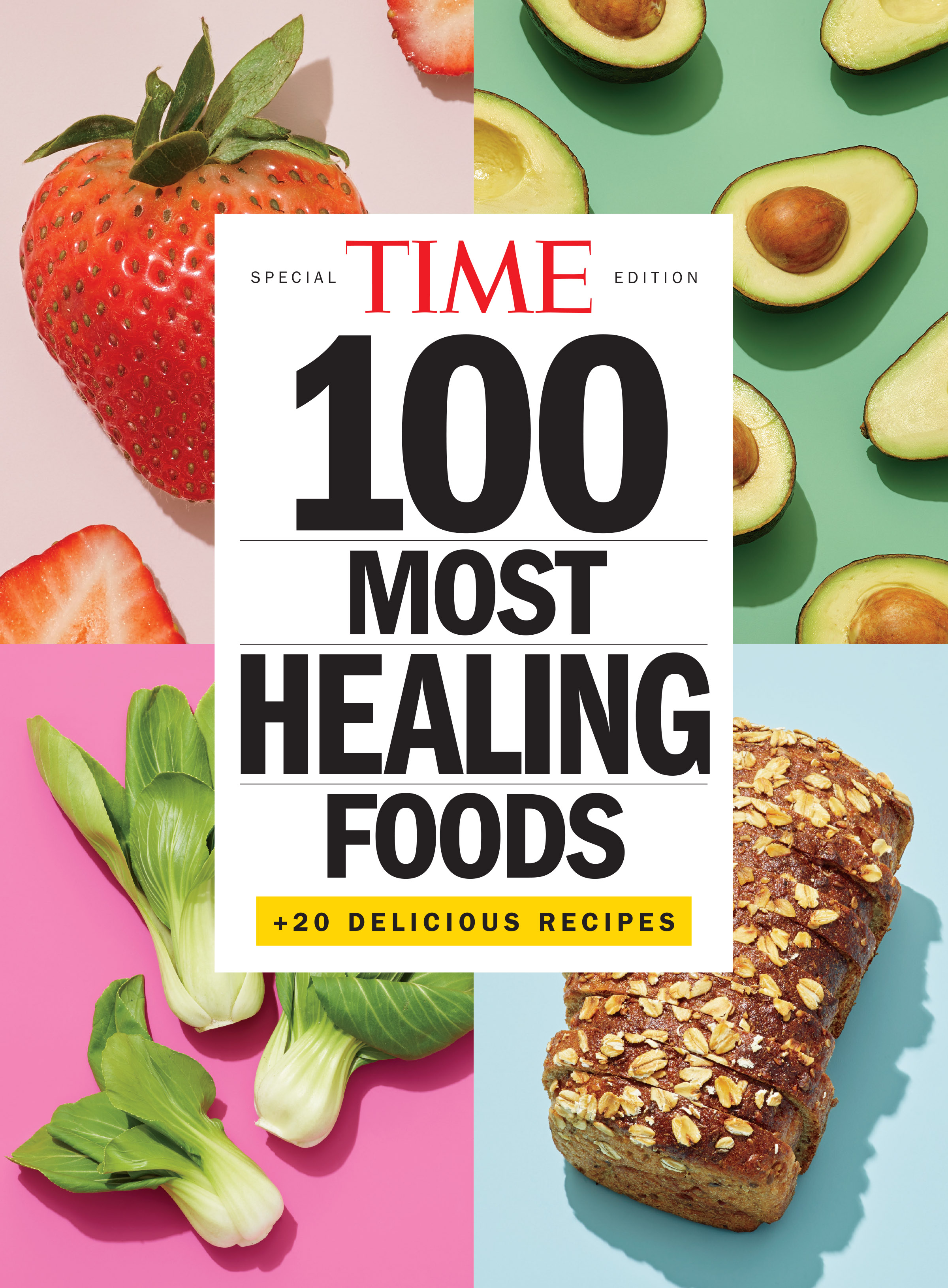
More Must-Reads from TIME
- Caitlin Clark Is TIME's 2024 Athlete of the Year
- Where Trump 2.0 Will Differ From 1.0
- Is Intermittent Fasting Good or Bad for You?
- The 100 Must-Read Books of 2024
- Column: If Optimism Feels Ridiculous Now, Try Hope
- The Future of Climate Action Is Trade Policy
- FX’s Say Nothing Is the Must-Watch Political Thriller of 2024
- Merle Bombardieri Is Helping People Make the Baby Decision
Contact us at letters@time.com